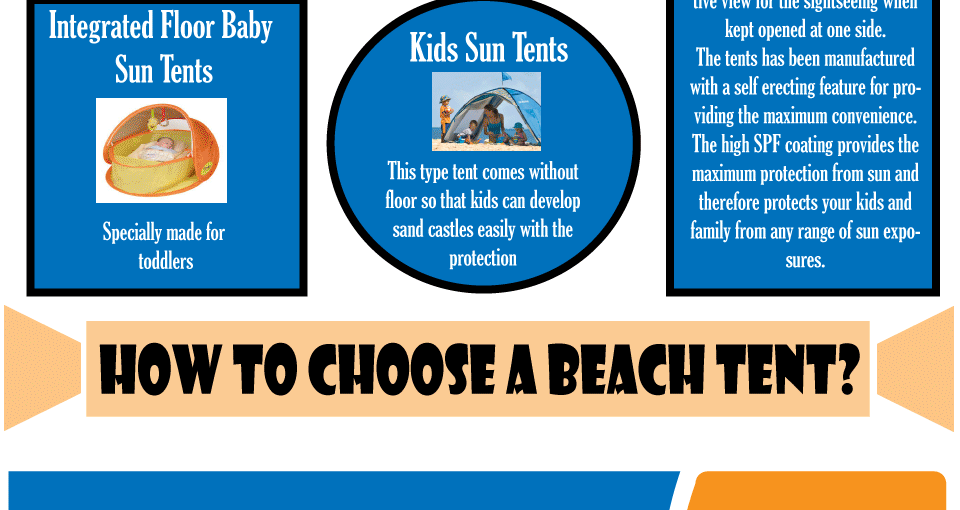The Challenges Of Transporting Large Wall Tents
Benefits and drawbacks of Plastic Vs. Canvas Tent FloorsWhile several campers focus on a tent's canopy to safeguard them from rainfall, snow, and pests, the outdoor tents flooring is just as important. A quality floor provides security from standing water, soaked mud, and sharp rocks.
At White Duck Outdoors, we offer free-floating plastic floors that are personalized per tent dimension. This permits you to choose a flooring lining or use your very own canvas tarpaulin as a liner.
Toughness
There are different kinds of floorings available for wall outdoors tents. Free-floating floors are separate items that you lay on the ground prior to building the outdoor tents, making them easy to set up. A sewn-in flooring is a little bit much more challenging, yet it offers exceptional defense from water and bugs.
Nevertheless, the most effective option is a camping tent flooring liner. A liner is thick and forces any kind of water or pests to go under the floor instead of via openings in the outdoor tents. It likewise minimizes the quantity of dust that gets inside the tent, making it much easier to cleanse and maintain.
All White Duck Outdoors wall camping tents include a free-floating flooring consisted of, so you don't have to fret about acquiring and mounting one separately. We comprehend the value of being able to personalize your space and make camping even more enjoyable. The free-floating floor makes the camping tent much easier to lug, tidy and shop, luxuries that sewn-in or 3/4 floors don't offer.
Climate Resistance
When picking a safety cover for commercial or logistical objectives, weather resistance is typically a vital factor. Canvas tarpaulins are commonly made from all-natural products, while vinyl tarps feature advanced polymer engineering. This difference in composition results in dramatically various efficiency features, maintenance requirements, and appropriate applications.
Vinyl tarps are optimal for long-term commercial protection because of their toughness, water-proof attributes and chemical resistance. They additionally supply excellent UV defense and are lighter than canvas tarps. These residential properties make them the recommended selection for covering tools and building momentary structures.
Easy Maintenance
The resilience of vinyl floors and their resistance to wear and tear translates into very little maintenance demands. Wipe-downs with moderate soap and water are enough to keep them looking clean, while stubborn discolorations can often be removed without much effort.
On the other hand, canvas covers are more probable to take in wetness in time, resulting in mold and mold development if not correctly dried or dealt with. Additionally, they may require even more constant waterproofing therapies to maintain their protective properties.
In addition, a woven textile like cotton is prone to penetrating and tearing over time, making it a lot more prone to harm from sharp things or rough surface areas. Vinyl is crafted to withstand these dangers more effectively, placing it as a superior selection for durable defense applications. On top of that, its artificial components supply remarkable resilience and longevity contrasted to canvas materials. Subsequently, they normally have a lower environmental impact in terms of production and disposal. They likewise tend to have an extra flexible customization ability, assisting in the consolidation of intricate layouts and color design.
Environmental Effect
As with all items, it is essential to understand the ecological profile of each product. This consists of everything from raw materials sourcing and manufacturing procedures to usage long life and end-of-life disposal choices. This details enables tent stove organizations to make smarter options that straighten with sustainability goals while satisfying operational demands.
Sailcloth naturally lines up with eco-conscious goals because of its eco-friendly nature and lower production footprint. Its lighter weight converts to much less storage space and transport needs. Its minimized maintenance demands and longer life-span even more minimize overall expenditures.
Plastic, on the other hand, relies on artificial components for its sturdiness and climate resistance. Its chemical treatments need high power input. Vinyl's non-biodegradable buildings further make complex recycling and waste monitoring protocols. Nevertheless, it does give exceptional waterproofing and UV deterioration resistance to outside settings.
